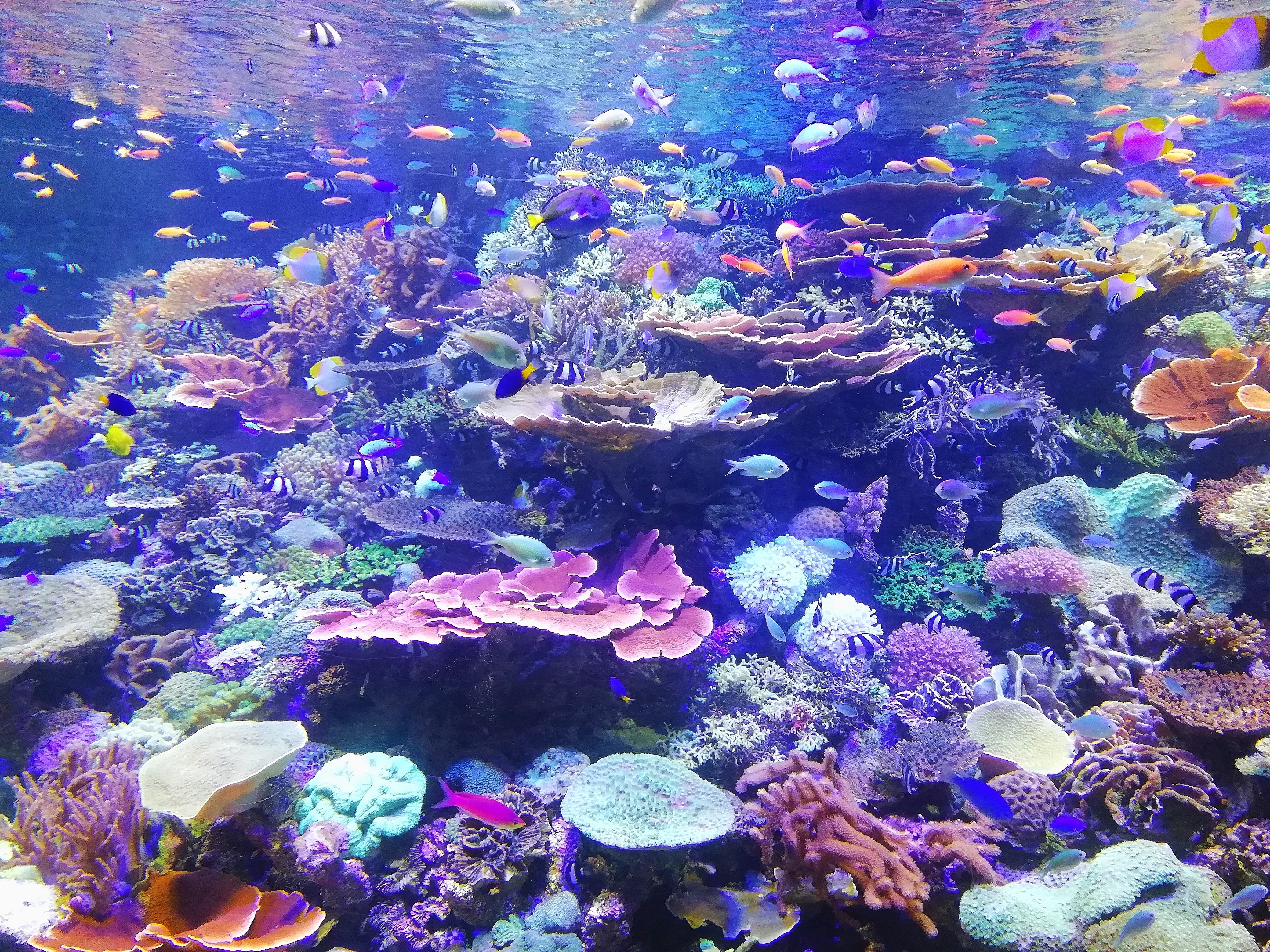News release
From:
The Royal Society
COVID-19 lockdown highlights impact of recreational activities on the behaviour of coral reef fishes
Royal Society Open Science
COVID-19 lockdowns provided an opportunity to observe how nature responded to our absence. Here, we found that heavily visited coral reefs at Moorea, French Polynesia, became recolonized by fishes following humans leaving the area, but that fish numbers decreased again when we returned.
Attachments
Note: Not all attachments are visible to the general public.
Research URLs will go live after the embargo ends.

Research
The Royal Society, Web page
The URL will go live after the embargo ends
Journal/
conference:
Royal Society Open Science
Organisation/s:
Griffith University, Deakin University
Funder:
This work was supported by several grants: French Polynesia government (DRM & DIREN), Fondation de
France (grant no. 2019-08602), LabEx CORAIL (project 2018 Emul), ANR-19-CE34-0006-Manini, ANR-19-CE14-
0010-SENSO, the Rāhui Forum and Resource Center supported by Bloomberg’s Philanthropy, and the Alexander
von Humboldt Foundation.



 Australia; Pacific; VIC; QLD
Australia; Pacific; VIC; QLD



